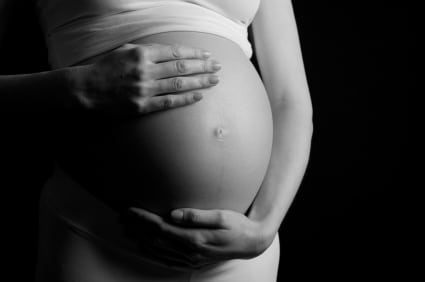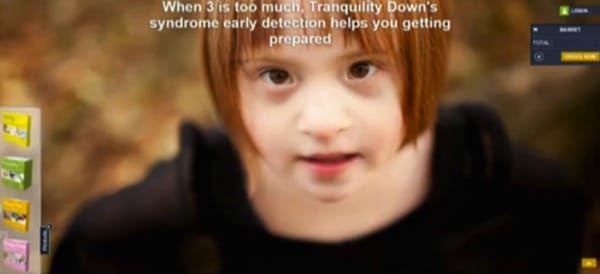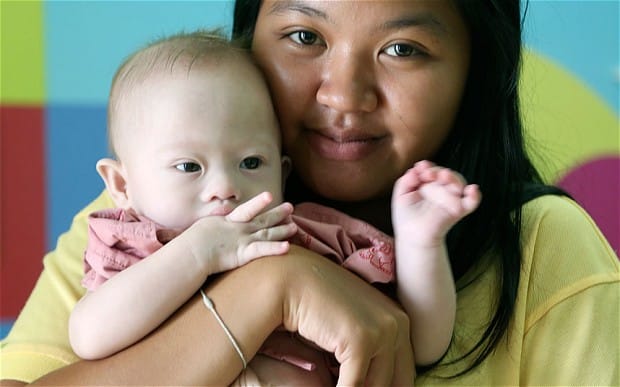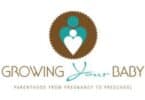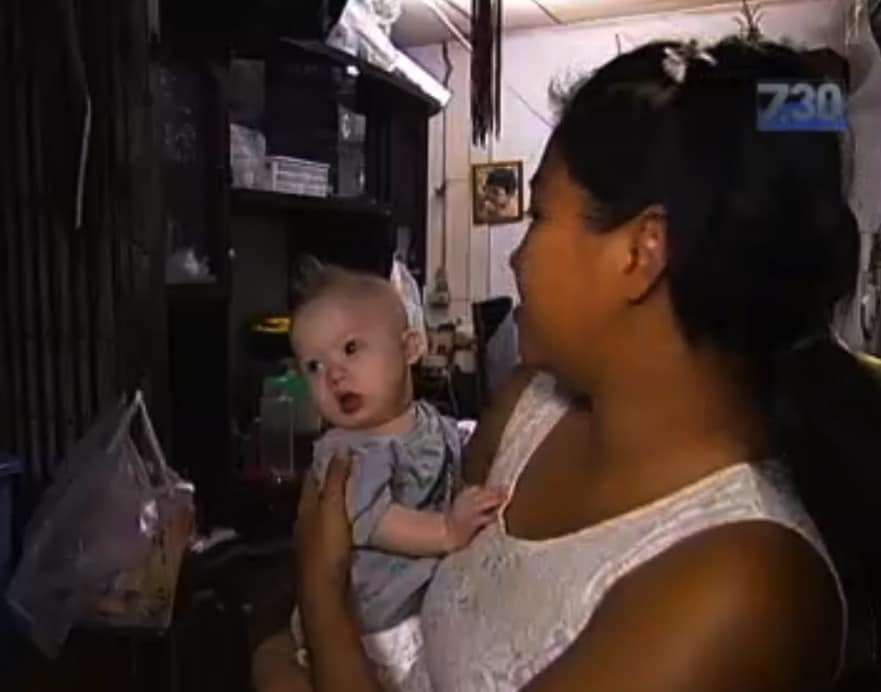Medical science has recently discussed a non-invasive blood test that can be used to detect Down’s Syndrome around the 10th week of pregnancy. This test is considered favorable over the use of an amniocentesis, which comes with some risks to the unborn baby, including potential miscarriage. Researchers recently discovered that this very same test is also effective in detecting two additional abnormalities: trisomy 18 (Edwards Syndrome) and trisomy 13 (Patau Syndrome).
Approximately 1,330 infants are born with trisomy 18 in the U.S. each year without a prenatal diagnosis. In Edwards Syndrome, 70% of all fetuses affected are spontaneously lost during pregnancy. Of those that are born alive, only 5% of them survive after the first year. All affected infants born have serious medical and developmental problems.
Trisomy 13 is less common than trisomy 18, but it is equally devastating. About 600 children born with trisomy 13 are born each year in the U.S. without a diagnosis. Like the other two trisomies, trisomy 13 risks increase as maternal age increases.
In a study said to be the largest and most comprehensive to date, researchers examined the test results in 62 pregnancies with trisomy 18 and 12 pregnancies with trisomy 13. The data from these pregnancies were added to previous examinations for Down Syndrome, which included 286 trisomic pregnancies and 1,702 normal pregnancies.
Overall, the test results effectively identified 100% of all trisomy 18 pregnancies and 91.7% of all trisomy 13 pregnancies. False positive rates were 0.28% and 0.97%, respectively. Slightly raising the positive test bar, false positives were reduced to 0.1%. Raising the bar, however, did not reduce the number of women for whom a false negative was given (0.9%) for trisomy 18.
“Our previous work demonstrated the ability to identify Down Syndrome, the most common trisomy. These new data extend the finding to the next two most common trisomies and will allow for wider use of such testing with the ability to identify all three common trisomies,” stated Glenn Palomaki, PhD, lead researcher of the Division of Medical Screening and Special Testing in the Department of Pathology and Laboratory Medicine at Women & Infants Hospital of Rhode Island and The Warren Alpert Medic al School of Brown University. “The new DNA test can now also be offered to women identified as being as high risk for trisomy 18 or trisomy 13, as well as those at high risk for Down Syndrome.”
Dr. Jacob Canick, PhD, the other lead author in the study stated,
“This highly sensitive and specific DNA test has the potential to impact on couples’ decision-making. A woman whose pregnancy was identified as high risk who earlier would have chosen not to have invasive diagnostic testing, might now consider the DNA test as a safe way to obtain further information, before making a final decision.”
Related Articles:
- Nine-Year-Old Receives Six Organ Transplant
- Family Wins Lawsuit; Awarded $8.5 Million After Botched Birth
- Baby Boy Born with Bundle of Nerves on His Back

